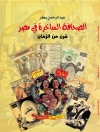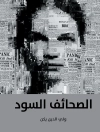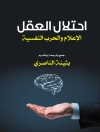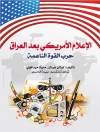An immense amount of media space has been devoted to the catastrophic terrorist attacks in New York and Washington. George Bush was quick to declare a ‘war on terrorism’ that may engulf many countries in addition to Afghanistan. But what does this say about Western perceptions of violence – what does ‘war on terrorism’ mean?
This book sharpens our understanding of what phrases such as ‘international terrorism’ and ‘the war against terror’ have come to mean since 9/11. Taking on the issues from a philosophical standpoint, Gupta observes that it has long been difficult to define what constitutes a ‘terrorist act’. He explains how the events of last year have jolted even existing understandings in unexpected ways and, importantly, why this difficulty of definition persists.
Examining how acts of terrorism and counter-terrorist measures are portrayed in the Western media and the impact this has on public perception, this thoughtful and provocative account provides a refreshing counterpoint to the sensationalised and often oversimplified reporting in the mainstream media.
Tabla de materias
1. A New Kind of ‘International Terrorism’
2. ‘International Terrorism’ as a Media Event
3. Terrorism as War/War Against Terrorism
4. ‘War Against International Terrorism’ in Abstractions
5. ‘War Against International Terrorism’ as Military Action
6. Happenings and Unthinkingness
Notes
Index
Sobre el autor
Suman Gupta is Professor and Chair in Literature and Cultural Studies at the Open University. He is the author of The Replication of Violence: Thoughts on International Terrorism After September 11th 2001 (Pluto, 2002), Corporate Capitalism and Political Philosophy (Pluto, 2001) and Marxism, History and Intellectuals: Toward a Reconceptualized Transformative Socialism (Farleigh Dickinson University Press, 2000).












